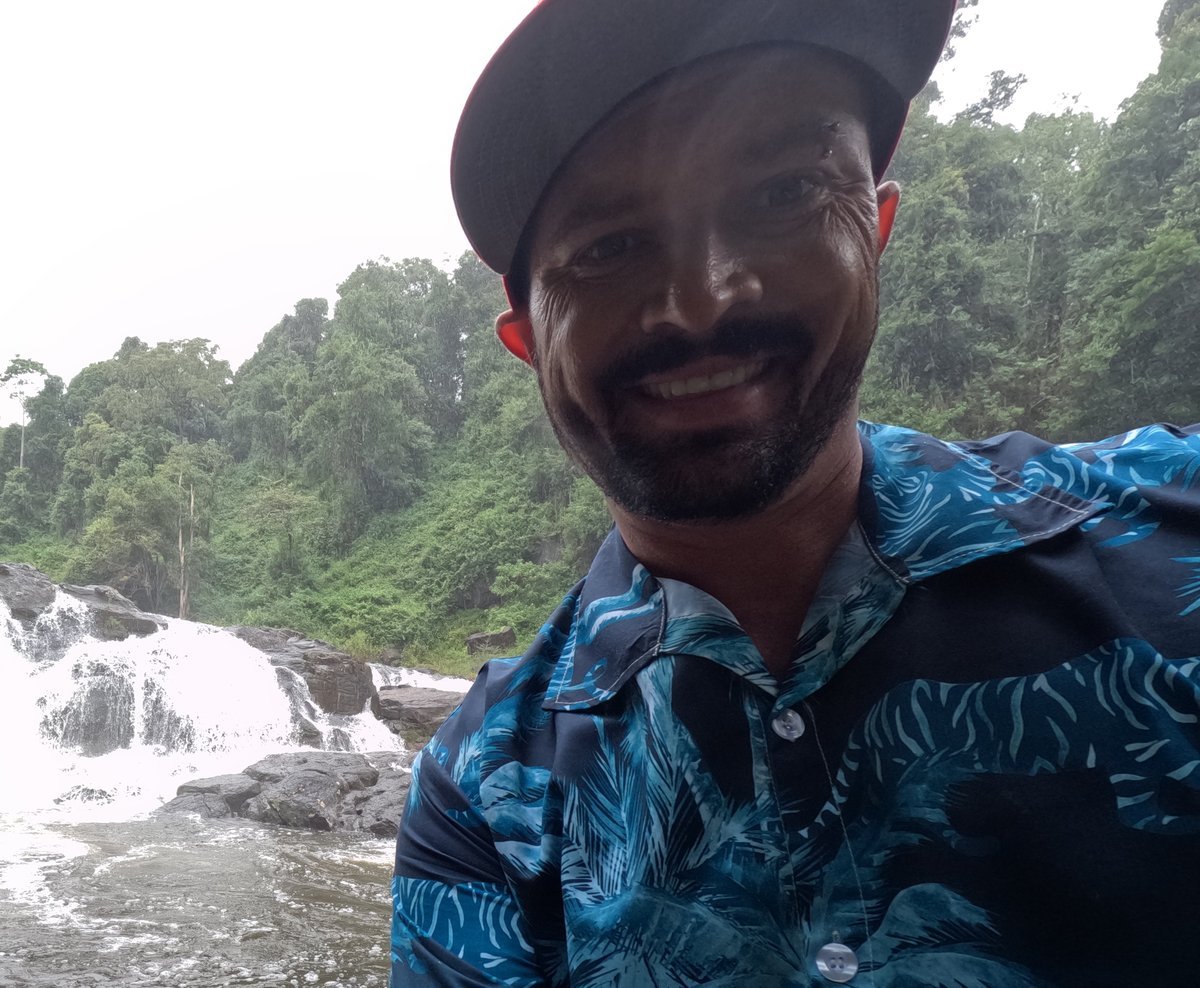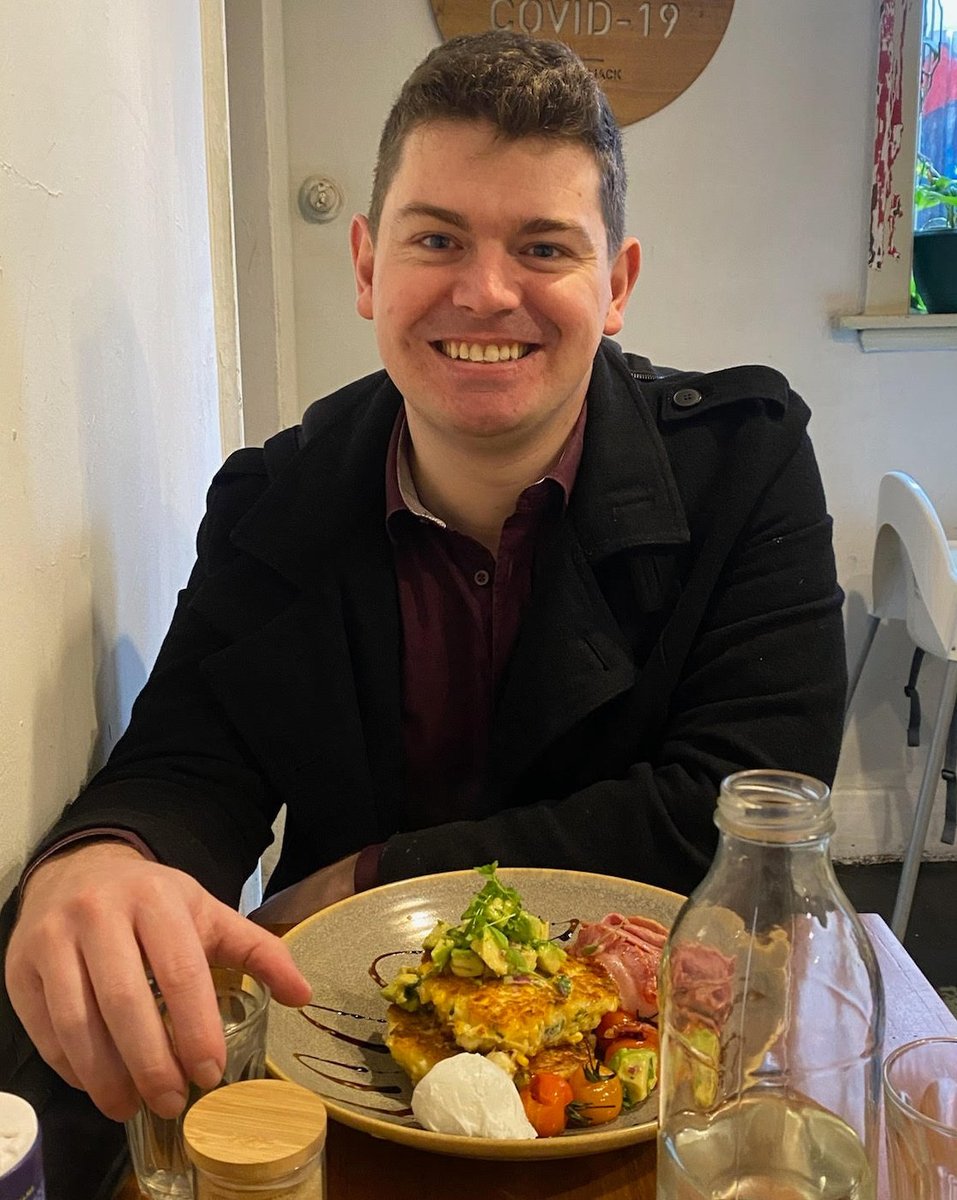
Like many same-sex couples, Christine*, and her partner Janie*, went directly to a fertility clinic after deciding to start a family.
It was the only route they knew of, but the experience wasn't anything like they had hoped. "For one, it was very clinical," says Christine.
"For instance, during our one psychological therapy, the therapist didn't ask about our family structure, or why we wanted to start a family. The focus was on what 'name' we were going to give our donor."
The couple was also deterred by the strict rules around donor access, particularly the fact that recipients don't meet potential donors in person. There are also restrictions regarding children contacting their donor before turning 18.
"I wanted to meet in person, do a vibe check. You can look great on a piece of paper, and you could meet them and they're a complete weirdo," Christine says.
"It's also not beneficial for children to not know where they've come from. I wanted to be able to foster a relationship with the bio father and determine who they are going to be in the child's life."
Watch: If only we could be in our baby's head for a day... Article continues after the video.



Top Comments